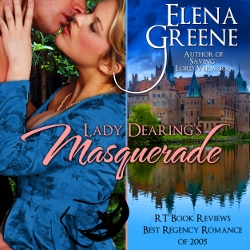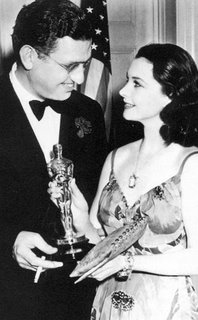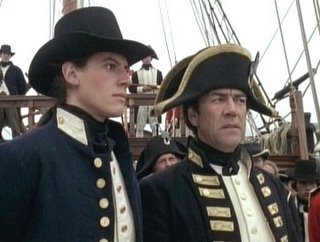 Part of me wishes I could be at RWA. It’s been years since I’ve seen many of my writing friends. However, the logistics involved in leaving my disabled husband for that many days make it complicated. Not impossible, but complicated.
Part of me wishes I could be at RWA. It’s been years since I’ve seen many of my writing friends. However, the logistics involved in leaving my disabled husband for that many days make it complicated. Not impossible, but complicated.
This year, I’ve actually been too busy to pine (much).
After mulling the top two auditions, both very good, I picked a narrator, Robin Rowan, for the audio book version of Lady Dearing’s Masquerade (cover shown here). I look forward to working with her, because she makes my story sound so good!
I’m continuing to edit Fly with a Rogue to address comments received through critique. Last week I compared being critiqued to sitting in the dentist’s chair. This week it’s more like therapeutic massage. It takes some pressure to work out the knots, but it feels so good afterwards!
I’m also excited to hear that the RITAs will now be open to-self published books. This is partly on a personal note, as I will be able to enter Fly with a Rogue this year. The opportunity for peer recognition is not critical for me—I had already decided, for business reasons, to self-publish this book—but it is nice to know I have the option.
On an organizational level, I think it’s very important. If the purpose of the RITAs is to “promote excellence in the romance genre by recognizing outstanding published romance novels and novellas”, it doesn’t make sense to exclude self-published romances, many of which have already hit the New York Times, USA Today, and other bestseller lists. As I understand it, entrants will have to be eligible for RWA’s Published Authors Network, which means the contest will be open only to authors with a proven record of sales.
There will also be a new category for erotic romance, which many authors of erotic romance have been asking for. I know there are others who say erotic romance should just be entered in whichever category fits otherwise (paranormal, historical, etc…) I understand their point, but I also know that there are judges whose reaction to extremes of sexuality in a book can impair their ability to judge fairly. Allowing those judges to choose not to opt in for the erotic romance category should help ensure better judging.
I haven’t read enough erotic romance to know for sure if this is always true, but in the ones I’ve read, sexual awakening or healing is an important part of the characters’ journey. This is in addition to being part of the relationship development, as it would be in sexy romances in other categories. The special role of sexuality in an erotic romance is also another argument for a unique category.
What do you all think of the RITA changes?
I hope everyone is having a great time in Atlanta and I’m looking forward to seeing pictures here!






